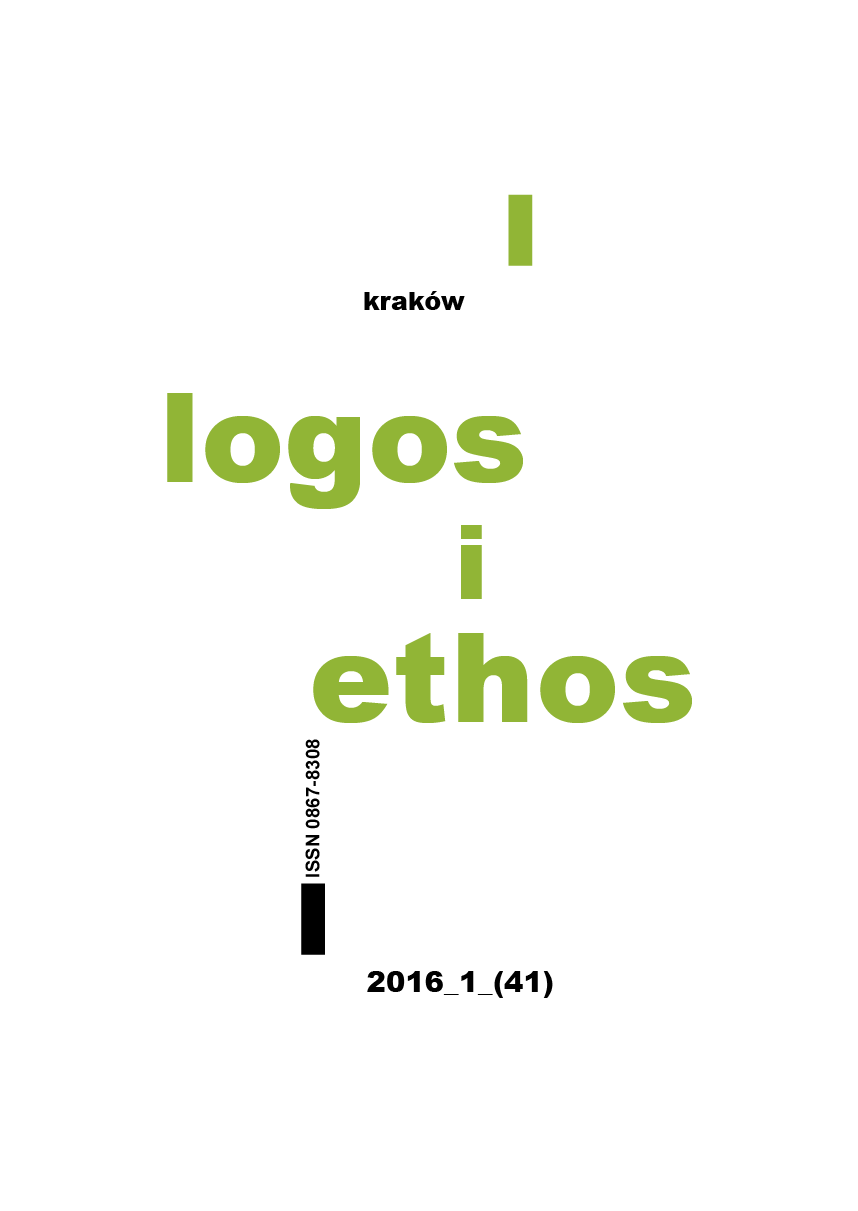Condenados a la solidaridad. Pensamiento moral de Józef Tischner
DOI:
https://doi.org/10.15633/lie.1793Słowa kluczowe:
Solidarność, wolność, nadzieja, aksjologia, ludzie z kryjówek, wspólnotaAbstrakt
Artykuł przedstawia poglądy Józefa Tischnera na temat upadku ruchu „Solidarność” i równocześnie wskazuje możliwości odtworzenia więzi społecznych w społeczeństwie zdesolidaryzowanym.Wśród najważniejszych źródeł owego upadku wskazuję instrumentalizację podstawowych wartości, na których budowane jest neutralne aksjologicznie społeczeństwo liberalne. Takiej instrumentalizacji uległo, podstawowe dla filozofii moralnej Tischnera, pojęcie wolności oraz samo pojęcie solidarności, które w nowych warunkach stało się synonimem walki o realizację partykularnych interesów grupowych.
Zniechęcenie dużej części społeczeństwa do solidarnościowej tradycji, zawłaszczonej przez różne grupy interesów, spowodowało ponowną ucieczkę do „kryjówek”. Postawy osób, które żyją „w kryjówce”, cechuje nieufność wobec otoczenia, skłonność do wrogiego traktowania innych, brak możliwości nawiązywania autentycznych relacji społecznych. Społeczeństwo „ludzi z kryjówek” nie może funkcjonować prawidłowo, gdyż z braku możliwości komunikacji jedynym argumentem rozsądzającym może być argument siły.
Wyjście z kryjówki jest możliwe jedynie dzięki otwarciu się na drugiego człowieka. Jeżeli chcemy się rozwijać, jesteśmy zmuszeni do wyjścia z kryjówek i skazani na poszukiwanie solidarności, która, dzięki relacji wzajemności, dawałaby nam oparcie, poczucie sprawczości, przywracała poczucie godności, wskazywała wspólne dobro.
By taką wspólnotę odbudować, w przekonaniu Tischnera, trzeba wyjść poza logikę odwetu i uczyć się przezwyciężać zło dobrem. Jesteśmy odpowiedzialni wobec przyszłych pokoleń za to, co dla nich możemy uczynić, za świat, który po nas zostanie.
Bibliografia
Hayek F. A., Droga do zniewolenia [Camino de servidumbre], tłum. K. Gurba, L. Klyszcz, J. Margański, D. Rodziewicz, Kraków 1996.
Lavelle L., Traité de valeurs, Paris 1951.
Millon‑Delsol Ch., Solidarność zakorzeniona [Una Solidaridad enraizada], “Znak” 2000 nr 543, p. 51–67.
Sztompka P., Zaufanie. Fundamenty społeczeństwa [Confianza. Los fundamentos de la sociedad], Kraków 2007.
Tischner J., Cierpkie winogrona i chytrość rozumu [Las uvas agrías y la malicia de la razón], “Znak” 1998 nr 8 (519), p. 34–41.
Tischner J., Filozofia człowieka dla duszpasterzy i artystów [La filosofía del hombre por los sacerdotes y artistas], Kraków 1991.
Tischner J., Filozofia dramatu [Filosofía del drama], Kraków 1998.
Tischner J., Ludzie z kryjówek [Los hombres de los escondites], [en:] Myślenie według wartości, Kraków 1993.
Tischner J., Myślenie według wartości [Un pensamiento de acuerdo a los valores], Kraków 1982.
Tischner J., Pomoc w rachunku sumienia [Una guía para el examen de la conciencia], Kraków 2000.
Tischner J., Spór o istnienie człowieka [Controversia sobre la existencia del hombre], Kraków 1998.
Tischner J., Wybrane problemy filozofii człowieka [Algunos problemas de la filosofia del hombre], Kraków 1985.
Pobrania
Opublikowane
Numer
Dział
Licencja
Autorzy publikujący w czasopiśmie udzielają jego wydawcy zgody o następującej treści:
- Autor zachowuje autorskie prawa majątkowe do utworu, a jednocześnie udziela wydawcy czasopisma zgody na jego pierwszą publikację w wersji drukowanej i wersji online na licencji Creative Commons Uznanie autorstwa 4.0 Międzynarodowe oraz zgody na wykonywanie opracowań, w tym przekładów.
- Autor ma możliwość udzielania zgody niewyłącznej na opublikowanie utworu w wersji, która ukazała się w czasopiśmie (np. zamieszczenia go w repozytorium instytucjonalnym lub opublikowania w książce), wraz z informacją o jego pierwszej publikacji w czasopiśmie.
- Autor może umieścić swój utwór online (np. w repozytorium instytucjonalnym lub na swojej stronie internetowej) jeszcze przed zgłoszeniem utworu do czasopisma.

